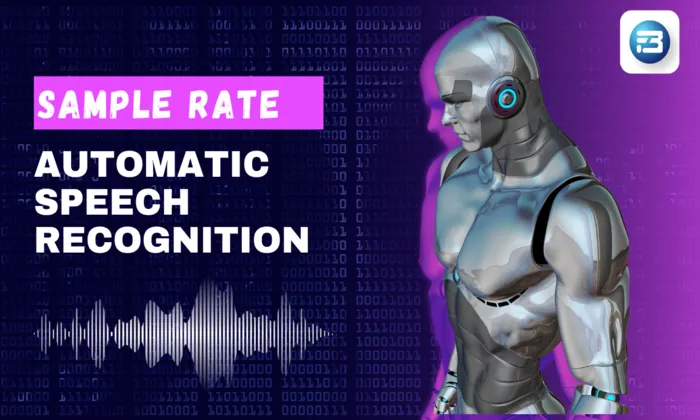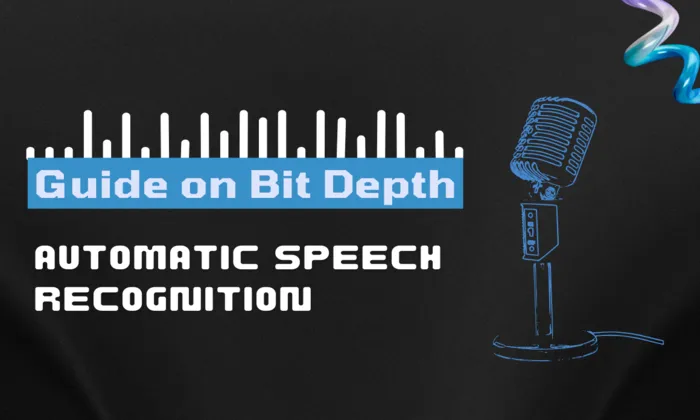What kind of metadata is typically included in a voice cloning dataset?
Voice Cloning
Dataset
Speech AI
Metadata is a cornerstone of voice cloning technology, which has seen rapid advancements thanks to artificial intelligence. In a voice cloning dataset, metadata provides essential context to the audio recordings, enhancing model training and performance. Here, we explore the types of metadata typically included and their significance in developing effective voice cloning systems.
Key Components of Voice Cloning Metadata
Metadata in voice datasets encompasses various details that help interpret and utilize the audio data effectively. The primary components include:
1. Speaker Information
- Speaker ID: Unique identifiers for each speaker, crucial for data organization and tracking during processing.
- Gender and Age Group: These attributes help ensure a balanced dataset, affecting the model's ability to replicate diverse voice characteristics.
- Accent and Language: Including various accents and languages enhances the model's adaptability across different cultural contexts.
2. Recording Details
- Recording Environment: Details about the studio setup, such as soundproofing, ensure minimal background noise and high audio quality.
- Script Type: Distinguishing between scripted, unscripted, conversational, and emotional recordings helps assess the naturalness and expressiveness of the speech.
- Emotion and Tone: Tags indicating the speaker's emotional state or tone enrich the dataset, enabling more expressive voice synthesis.
3. Technical Specifications
- Sample Rate and Bit Depth: Typically set at 48kHz and 24-bit, respectively, these specifications ensure the recordings meet industry standards for high-quality audio.
Why This Metadata Matters
Metadata is not just supplementary; it plays a pivotal role in various stages of the voice cloning process:
- Training Efficiency: Well-structured metadata allows AI models to learn effectively by providing context for each recording, leading to better generalization across speech patterns.
- Quality Assurance: Metadata supports quality control by helping pinpoint issues related to recording anomalies or script adherence.
- Diversity and Fairness: A varied dataset, informed by metadata, reduces bias and enhances the global applicability of voice synthesis applications.
Navigating Challenges in Metadata Management
While metadata enhances dataset utility, managing it involves several challenges:
- Data Management: Accumulating comprehensive metadata requires meticulous organization to avoid inconsistencies.
- Privacy and Consent: Ethical considerations are paramount. Ensuring informed consent and safeguarding speaker identities in metadata is crucial.
- Complexity in Annotation: Accurate metadata relies on precise speech annotation, where mislabeling can lead to suboptimal model performance.
Real-World Impacts & Use Cases
Consider this example: a voice cloning project aimed at developing multilingual virtual assistants. Here, metadata detailing accents and languages is indispensable. It ensures the assistant can understand and respond to users worldwide, enhancing user experience and accessibility.
FutureBeeAI, as a leader in voice cloning datasets, ensures all metadata is ethically sourced and meticulously managed. Our structured data pipelines and diverse speaker network provide high-quality, compliant datasets tailored to meet the specific needs of AI teams globally.
For teams looking to build sophisticated voice cloning systems, FutureBeeAI offers comprehensive datasets with rich metadata, ensuring your models are trained with the highest quality inputs. Explore our offerings to see how we can support your project needs.
Smart FAQs
Q. What is the role of metadata in training voice cloning models?
A. Metadata provides context and structure to audio recordings, enhancing training efficiency and enabling quality assurance checks, ultimately leading to better model performance.
Q. How can teams ensure the diversity of speakers in their voice cloning datasets?
A. By actively seeking a range of speakers across different genders, ages, accents, and emotional expressions, teams can create a more balanced dataset that improves the adaptability of their voice cloning models.
What Else Do People Ask?
Related AI Articles
Browse Matching Datasets
Acquiring high-quality AI datasets has never been easier!!!
Get in touch with our AI data expert now!








